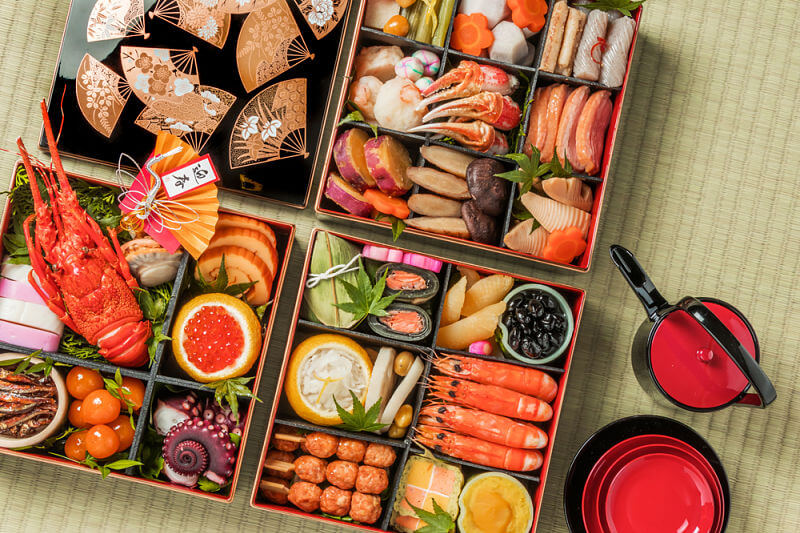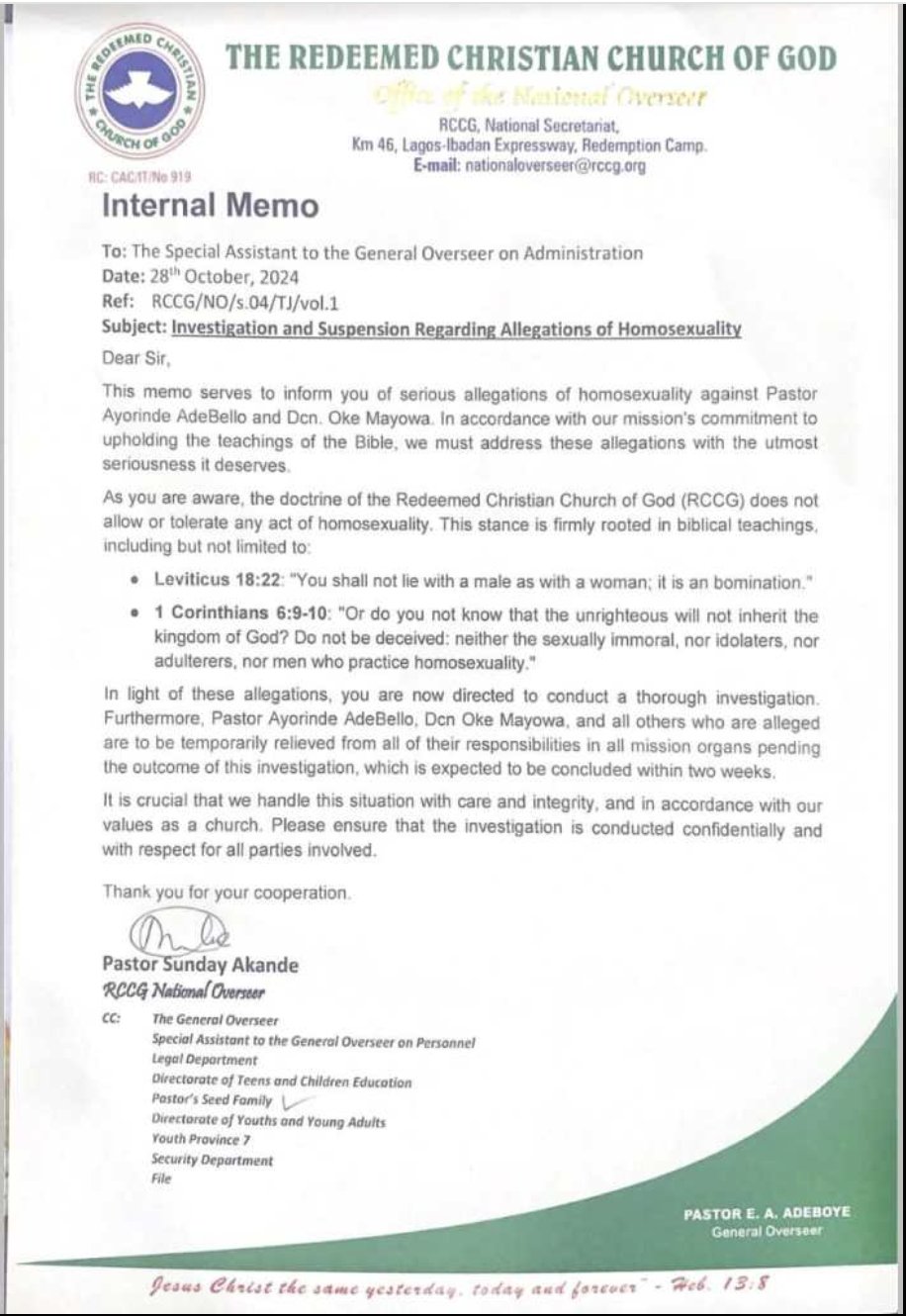
On Friday, the Chinese customs authority made an official announcement regarding the imposition of a food import ban on 10 Japanese prefectures.
The customs authority stated that not only will food imports from the rest of Japan be closely monitored, but the documentation for imported food will also undergo rigorous scrutiny and there are plans to enhance the scrutiny of imported food by 100 percent.
The reason behind this action is the safety concerns arising from Japan's intention to release nuclear-contaminated water from the Fukushima Daiichi nuclear power plant into the ocean, as stated by the authority.
Furthermore, the customs authority emphasized its objective of preventing radioactively contaminated food from entering China.
During a visit to Japan, International Atomic Energy Agency (IAEA) chief Rafael Grossi approved the disposal of the water, giving it the go-ahead on Tuesday.
The final review report from the IAEA stated that Japan's plan adhered to international safety standards. However, China expressed criticism towards the report.
Japan's nuclear regulatory authority granted its approval for the plan on Friday. Although a specific date for disposal has not been announced, the government intends to carry it out during the summer.
As per the plans, the system has the capability to filter out 62 different nuclides, with the exception of the radioactive isotope tritium.
Tepco, the Japanese electric utility in charge of the Fukushima Daiichi plant, devised a plan to dilute the water to a level where the concentration would decrease to approximately 1,500 becquerels per liter. This concentration is less than 1/40th of the national safety standard.
According to the Japanese government, the permissible limit for tritium release is set at less than 22 trillion becquerels per year, which is significantly stricter compared to other countries, including neighboring China and South Korea.
For instance, in 2021, the Yangjiang nuclear power plant in China discharged approximately 112 trillion becquerels of tritium, while the Kori power plant in South Korea released around 49 trillion becquerels of this radioactive substance, as reported.
In 2011, the Fukushima Daiichi nuclear power plant experienced core meltdowns as a result of an earthquake and a subsequent tsunami. The damaged reactors still require continuous cooling using water stored in large tanks.
The water will undergo filtration and then be discharged in a diluted form through a tunnel constructed approximately 1 kilometer into the sea.
The South Korean government stated on Friday that it anticipates minimal consequences from the release of the cooling water.









Leave a comment